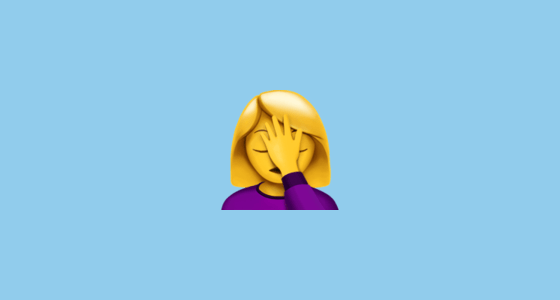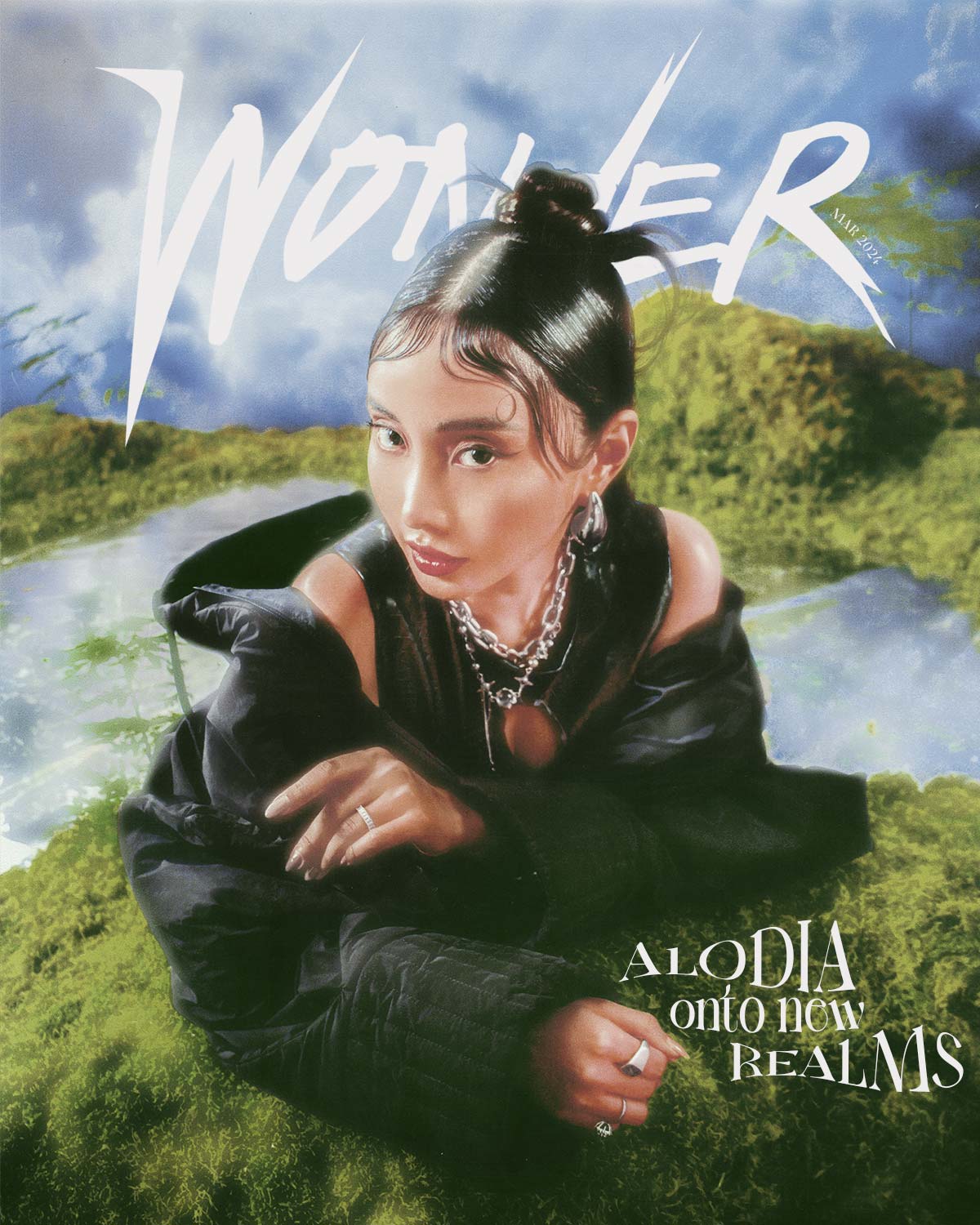Don’t take ‘em if you don’t need ‘em
Early this year, we noticed that people at work and even at home were getting sick a lot. “There’s a virus going around,” “it’s the weather” and “di ka kasi nag-Berocca (it’s because you didn’t take Berocca)” are just some of the common responses we’ve heard about the so-called flu plaguing just about everybody, ourselves included (as of this writing, at least three people in our team have been struck by a virus). But what piqued our interest is why people think the absence of Berocca in our diet or not taking vitamins was the cause of our sickness.
Do vitamins really work? Because my toddler son’s pediatrician disagrees; “no approved therapeutic claims diba?” we were told. Then again, another doctor (my son’s dentist) believes in the power of Healthy Options and probiotics. Meanwhile in a recent trip to a different doctor (for myself this time), I was prescribed antibiotics to treat my persistent cough and was told to take vitamin C once a day for 20 days and probiotics for five days to perhaps boost my immunity. I asked, “but I thought no approved therapeutic claims?” to which the doctor responded, “you need it.”
Via emojipedia
This then leaves us consumers confused on whether we need vitamins or not, what to take and if they truly work.
“Vitamins are organic compounds needed in small quantities to sustain life.”
The Lowdown
While many vitamins come from food, sometimes our bodies don’t produce enough of them or none at all.
|
Vitamins |
Deficiency may cause… |
Natural sources |
| A a.k.a retinol—also present in most anti-aging products today—retinal and four carotenoids, including beta carotene | Night-blindness and an eye disorder that results in a dry cornea | Liver, cod liver oil, carrots, broccoli, sweet potato, butter, kale, spinach, pumpkin, collard greens, some cheeses, egg, apricot, cantaloupe melon and milk |
| D | Rickets and osteomalacia, or softening of the bones | Exposure to healthy sunlight causes vitamin D production in skin. Also found in fatty fish, eggs, beef liver and mushrooms |
| E | Deficiency is uncommon but may cause hemolytic anemia in newborns (a condition where blood cells are destroyed and removed from the blood too early) | Kiwi fruit, almonds, avocado, eggs, milk, nuts, leafy green vegetables, unheated vegetable oils, wheat germ, and whole grains |
| K | Unusual susceptibility to bleeding | Leafy green vegetables, avocado, kiwi fruit, parsely |
| C a.k.a ascorbic acid—another popular vitamin added to skincare products | Megaloblastic anemia, a condition where bone marrow produces unusually large, and immature red blood cells | Certain fruits as well as liver have the highest vitamin C contents. Note: cooking destroys vitamin C |
| B a.k.a thiamine | Beriberi or a disease that causes inflammation of the nerves and in severe cases, heart failure | Yeast, pork, cereal grains, sunflower seeds, brown rice, whole-grain rye, asparagus, kale, cauliflower, potatoes, oranges, liver and eggs |
| B2 a.k.a riboflavin | Ariboflavinosis characterized by sores around the mouth | Asparagus, bananas, persimmons, okra, chard, cottage cheese, milk, yogurt, meat, eggs, fish and green beans |
| B3 a.k.a niacin, niacinamide | Pellagra characterized by diarrhea, dermatitis and dementia | Liver, heart, kidney, chicken, beef, tuna, salmon, milk, eggs, avocados, dates, tomatoes, leafy vegetables, broccoli, carrots, sweet potatoes, asparagus, nuts, whole grains, legumes, mushrooms and brewer's yeast |
| B5 a.k.a pantothenic acid | Paresthesia, or “pins and needles.” | Meats, whole grains, broccoli, avocados, royal jelly, and fish ovaries |
| B6 a.k.a pyridoxine, pyridoxamine, pyridoxal | Anemia, peripheral neuropathy, or damage to parts of the nervous system other than the brain and spinal cord | Meats, bananas, whole grains, vegetables and nuts. Note: drying, freezing and canning can reduce vitamin content |
| B7 a.k.a biotin—now commonly used in beauty supplements and haircare products | Dermatitis or enteritis (inflammation of the intestine) | Egg yolk, liver, some vegetables |
| B9 a.k.a folic acid | Linked to birth defects if deficient during pregnancy | Leafy vegetables, legumes, liver, baker's yeast, some fortified grain products and sunflower seeds |
| B12 | Megaloblastic anemia | Fish, shellfish, meat, poultry, eggs, milk and dairy products |
Source: Medical News Today
Per the experts, food is the best source of these vitamins but some people are advised to take supplements in case of deficiencies. It’s also important to stay within the recommended dosage because as in life, too much of something can be a bad thing. Read: you can actually OD on vitamins. Plus, they can interact negatively with some medications, too, so don’t play doctor and check in with your physician or a healthcare provider before mixing it in with your drugs.
So When Should You Take Vitamins?
Once you’ve been prescribed vitamins, take note of the prescription and ask when the best time is to take your pills. According to studies, efficacy is affected by when and how a person consumes his or her vitamins. For instance, vitamin B is best taken right after waking up—yes, on an empty stomach—as it helps with better absorption of the vitamin. Meanwhile, the water-soluble vitamin C is not stored in the body so people deficient in this vitamin are recommended to take it daily and in small doses per Medical News Today. Fat-soluble vitamins, meaning vitamins absorbed and stored in the body easily, can be acquired from food so no need to take them as supplements.
No Approved Therapeutic Claims
Or as the DOH puts it:
“Mahalgang paalala: Ang (name of product) ay hindi gamot at hindi dapat gamiting panggamot sa anumang uri ng sakit.”
“By definition, a vitamin is essential,” says dietician Andy Bellatti, MS, RD to the Insider. But they should primarily come from food because it’s natural and come with beneficial substances like fiber and phytonutrients. That synergy between vitamins and nutrients is something supplements can’t replace according to Bellatti. But there are cases when supplements are needed, case in point: vegans are advised to take B12 because it can only be found in animal-based food. What about the one-pill-does-all multivitamins then? Research suggests that there are “no substantial health benefits” from taking them. So if you’re popping pills because you sometimes like going on a junk food fest or binge-drink, know that a multivitamin doesn’t erase those foods’ negative qualities, i.e., excess sugar, unhealthy fat, etc. Interestingly enough, Insider adds that “starting a vitamin C supplement once you already have a cold won't do anything.” So “if you do have a cold, stay hydrated and get enough rest. Don't go to work and pound Emergen-C,” concludes Bellatti.
We’re still a little confused as physicians have different points of view on vitamins. But if there’s anything to take away from what we’ve learned from doctors and the world wide web, its eat healthy, don’t self-medicate and vitamin supplements like Berocca are not for everybody. Stop prescribing it to your friends unless your a doctor.
Via emojipedia
Art Alexandra Lara




















